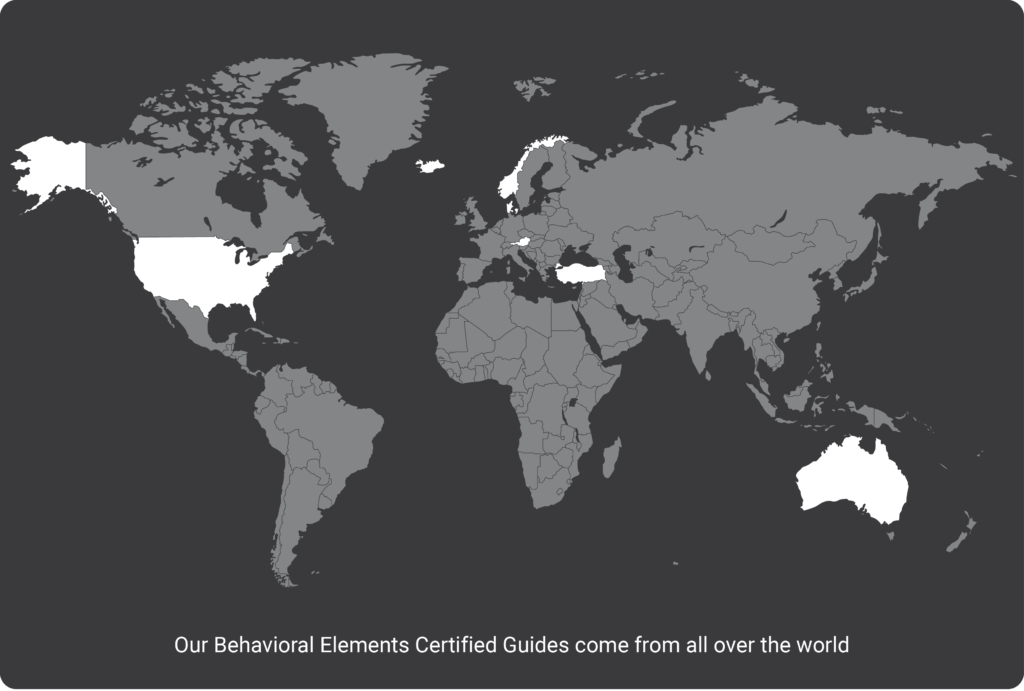We’ve all done it. We go from “Whoo Hoo! Let’s kick off a long weekend.” to “Oh my goodness! Where did all this work come from?” If you hate that feeling of dread when you return to work after an extended weekend, know you are not alone! We often wonder if the pleasure from a long weekend or a few extra days off is worth the mountain of work (that seems to have multiplied) taunting us upon our return. But suppose you reach back and think about the results of your Behavioral Assessment and lean into the positive behaviors you know bring you success. In that case, you will alleviate the return-to-work pain. If you’ve not taken the Quick Assessment yet and are interested in learning your Element, CLICK HERE.
Studies have shown that much return-to-work pain stems from having a long to-do list that invariably looks like it grew during our day off. In viewing responses from the tens of thousands of people who’ve participated in our training sessions and workshops, we’ve learned more than two-thirds of people feel like they don’t have enough time to do everything they want. And a high proportion of those (try to) work from a lengthy to-do list rather than a short list of essential priorities.
We have observed each Element has a unique set of behaviors that often creates unconscious roadblocks, slowing progress on the day or two following an extra time away from work:
FIRE:
- The drive to achieve often causes our Fire colleagues to wait until Monday to create a mental checklist of ALL-THE-THINGS. Their need for independence and often a rigid need for self-reliance will often cause them to keep this mental “list” to themselves. Their drive to win will create self-imposed pressure to check as many of those items off the list as possible. This “fly by the seat of your pants” and scramble to get as much done as possible behavior, rather than prioritizing a few essential tasks, sometimes causes important items to fall through the cracks.
AIR:
- Our visionary Air co-workers often love taking a (very) few minutes the day before a long weekend to assemble a pile of their post-its, scratch paper, and perhaps bookmarking a few websites or pages in their notebook to signal they want to take care of these tasks or look into those concepts upon their return to work. A few may even jot down a short list on one of those post-its so they can see the overall big picture their quest for information is creating.
EARTH:
- It will be no surprise that the organized Earth sitting a few cubes down will have blocked out 30-45 minutes on their calendar to review the projects on their plate and create a to-do list, so they feel ready to hit the ground running upon their return to the office.
WATER:
- Our Water colleagues’ biggest challenge will be to put their need to assist their co-workers aside long enough to create that short list of priorities. And then, upon returning to work, Water’s resolve to block out distractions from those who have been looking for their help while away will be tested.
About 71% of people report frequent interruptions while working, especially in an office. Even more remarkable is that those who can block out interruptions are approximately 52% more likely to end their workday feeling like the day was productive. Perhaps most striking is that people who create a short list of essential priorities are nearly 50% more likely to end the day feeling a sense of accomplishment than those with lengthy to-do lists. In one University of Michigan study, researchers found that people lost measurable time when they bounced from one task to another, with even more time lost with more complicated tasks. Thus, it’s no surprise that lost productivity translates into an eroded sense of well-being.
With the evidence that having a shorter list of priorities and preventing interruptions can drive better productivity and well-being, what’s a good action plan?
Before leaving the office, block out the first 2-3 hours of your calendar on the return date to address your top one or two priority items with clear beginning and end points.
Focus your energy on completing those tasks or projects
We realize people are so eager to start the long weekend that they overlook how insane their first day back might feel. Put simply, taking 15-minutes on Friday to plan the morning of the first day back will pay off. Not only will your return be less painful, but it will also prevent feelings of dread that often creep in the night before the day you return. You’re much less likely to be worried about the next morning when you’ve developed a clear plan for how that morning will begin.
Byline: Melinda Graczyk, Behavioral Elements Certified Guide







